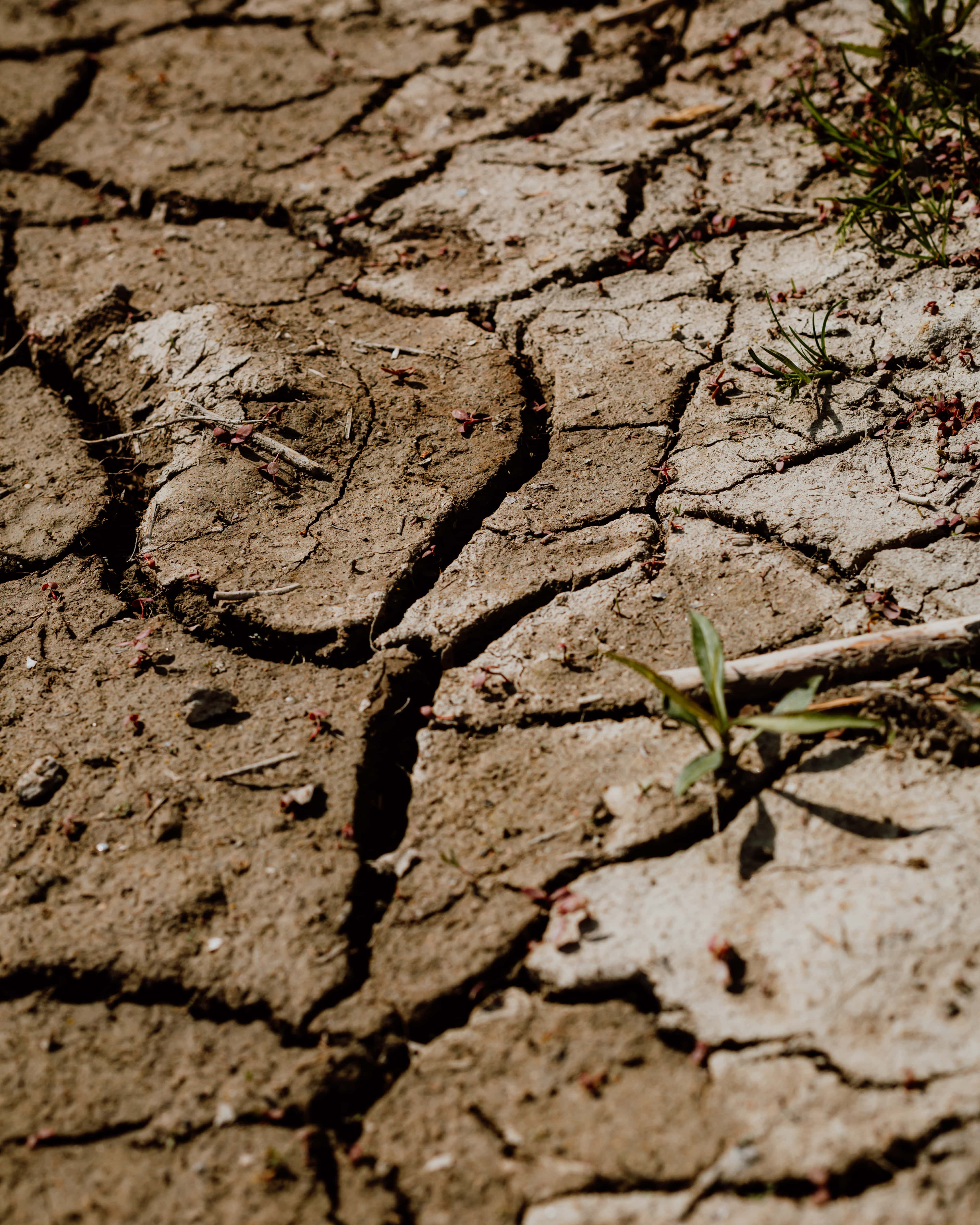Step onto a pasture-based farm, and you’ll quickly realize that the secret to lush green fields and thriving livestock lies beneath your feet. Yes, dear reader, the significance of soil quality in this particular farming method cannot be overstated. Sparkling with life and teeming with a hidden ecosystem, the soil serves as a steadfast foundation for the sustainable success of pasture-based farming. It is here, among the intricate network of tiny organisms, complex nutrient cycles, and organic matter, that the true vitality of this agricultural practice blooms. So, let us embark on an enlightening journey, delving into the depths of this overlooked marvel of nature to unravel the importance of soil quality in pasture-based farming. But beware, for once you discover its captivating secrets, you may find yourself spellbound, forever captivated by the beauty and potential held within this key ingredient for sustainable agricultural success.

The Lifeline of Pasture-Based Farming: Unraveling the Vital Role of Soil Quality

Soil quality is the lifeline of pasture-based farming, silently working beneath the surface to sustain and nourish our crops and livestock. It forms the foundation upon which this agricultural system thrives, providing essential nutrients and fostering a healthy ecosystem. By optimizing soil quality, we can unlock the full potential of pasture-based farming, ensuring higher yields, improved animal health, and better overall sustainability. Key factors such as organic matter content, pH levels, and nutrient availability play crucial roles in determining soil quality. Let’s delve deeper into the intricate web of soil quality and discover its vital role in supporting sustainable agriculture.
Nurturing the Green Gold: Enhancing Soil Quality to Optimize Pasture-Based Farming

In the realm of pasture-based farming, the health and vitality of the soil play a crucial role in yielding bountiful harvests. By implementing innovative techniques, farmers can nurture the “green gold” and boost the quality of their soil. Here are some strategies to optimize soil fertility:
- Utilize organic fertilizers to replenish nutrients naturally.
- Practice rotational grazing to prevent overgrazing and promote soil regeneration.
- Adopt cover cropping to enhance soil structure and prevent erosion.
- Implement composting methods to introduce beneficial microorganisms.
Mastering the art of soil enrichment unlocks the potential of pasture-based farming, leading to sustainable and productive cultivation. Invest in the nurturing of your “green gold” today!
Concluding Remarks about Importance of Soil Quality in Pasture-Based Farming.
In conclusion, the importance of soil quality in pasture-based farming cannot be overstated. By recognizing and prioritizing the health of our soil, we not only ensure the success of our farms but also contribute to the overall wellbeing of our environment and society.
Soil, with its ability to support plant growth and nutrient cycling, serves as the very foundation of our agricultural systems. It is the unsung hero, quietly working beneath our feet, feeding the plants that nourish both humans and animals. Without healthy soil, pasture-based farming would simply not thrive.
Good soil quality enables pastures to provide optimal nutrition for grazing livestock. It ensures the availability of essential nutrients, such as nitrogen, phosphorus, and potassium, which are crucial for animal health and growth. Additionally, healthy soil helps in controlling pests and diseases, reducing the need for synthetic inputs and fostering more sustainable farming practices.
Moreover, soil quality plays a crucial role in mitigating climate change. Carbon sequestration, a process by which carbon dioxide is removed from the atmosphere and stored in the soil, can be enhanced by improving soil quality. By increasing organic matter content, farmers can contribute to reducing greenhouse gas emissions, combatting climate change, and improving the resiliency of their farms to extreme weather conditions.
Recognizing the significance of soil quality, farmers must adopt practices that prioritize soil health. This includes minimizing soil disturbances, implementing proper grazing management, and promoting organic matter accumulation through cover cropping and composting. Additionally, soil testing and regular monitoring can help farmers identify nutrient deficiencies and determine appropriate fertilization strategies, reducing waste and environmental impact.
It is clear that fostering healthy soil is not only a responsibility but also an opportunity for farmers. By investing in soil quality, farmers can reap multiple benefits, including increased productivity, reduced input costs, and improved long-term sustainability. Ultimately, prioritizing soil health is a win-win situation for both the farming community and the environment.
So, let us continue to nurture and protect the soil that sustains us all. Through education, research, and collaboration, we can ensure that future generations will inherit fertile lands capable of supporting vibrant pasture-based farming systems.

